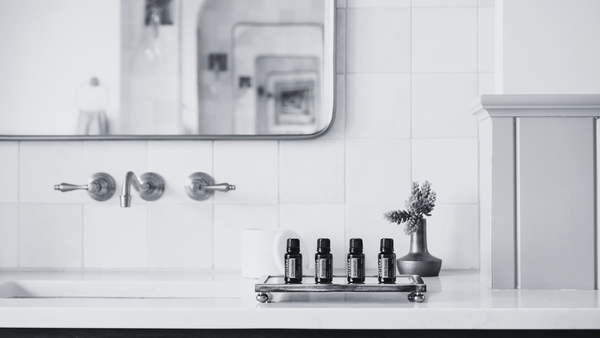Stop People Pleasing - How to Prioritize Your Own Needs

For all those people pleasers out there. You know who you are. Always saying yes to everyone's needs and not putting yourself first. As women, we tend to juggle tons of things trying to keep everyone happy but ultimately at the cost to our own health. In order to stop people pleasing, we need to dig deeper to see what it looks like and why we do it in the first place. Understanding where this bad habit came from is the secret to knowing how to eliminate it so you can be happier.
People-pleasing is a behavior where a person prioritizes the needs and desires of others over their own, often to the point of sacrificing their own well-being. It can be a problem because it can lead to feelings of anxiety, stress, and even resentment towards others. Constantly saying yes to others' requests and not setting boundaries can also lead to burnout and exhaustion.
Some signs that you might be a people-pleaser include:
- Difficulty saying no to others
- Feeling guilty when you do say no
- Putting others' needs before your own
- Avoiding conflict or disagreements
- Feeling like you need to be perfect or liked by everyone
- Overcommitting to tasks or projects
- Ignoring your own needs to take care of others
- Feeling like you don't have a clear sense of your own identity or values
There are several reasons why someone might become a people-pleaser.
Some common causes include:
- Childhood experiences where their worth was tied to pleasing others
- Fear of rejection or abandonment
- Low self-esteem or self-worth
- Lack of boundaries or assertiveness skills
- Cultural or societal expectations to be accommodating and selfless
Over time, these factors can contribute to a pattern of putting others' needs before one's own.
To stop being a people-pleaser, you can try the following strategies:
- Practice saying no to requests or invitations that don't align with your values or priorities
- Set clear boundaries with others, including saying no when necessary and communicating your needs and limits
- Focus on building your self-esteem and sense of self-worth, independent of others' opinions or validation
- Prioritize self-care activities that help you recharge and feel good about yourself, such as exercise, hobbies, or spending time with loved ones.
- Seek support from a therapist or counselor to address underlying emotional or psychological factors contributing to people-pleasing behaviors
- Identify and challenge negative thought patterns or beliefs that contribute to people-pleasing
Remember that breaking the habit of people-pleasing takes time and effort, but prioritizing your own needs and well-being is essential for overall happiness and fulfillment.





